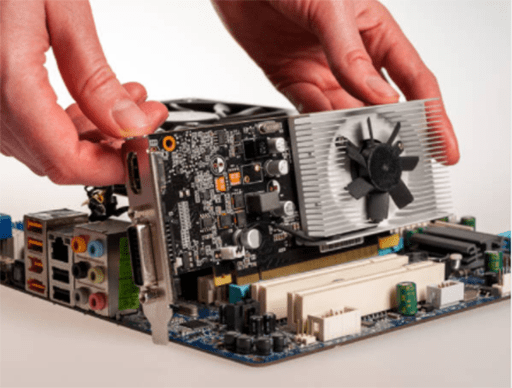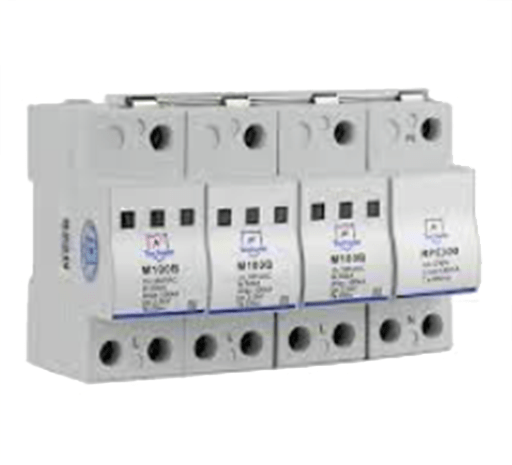
Figure 1: Choose the right power supply.
(Go to Okmarts and pick the Power Supply you need)
Power Supply are often overlooked, but they are a vital component in any desktop PC. We’re going to cover the basics, so you’ll know what to look for when selecting a new PSU.
The Power Supply Unit (PSU) might not be the most frequently discussed PC component, but it’s a critical piece of any desktop. Supplying power to your entire system is an extremely important role, and using the wrong one could be costly.
1. Going Over The Different Cables Power Supplies Use
Going over the different cables power supplies use to provide power to your system.Though the PSU you purchase should come with all of the cables you need, it’s worth knowing what the individual connections look like. The exact cables you’ll use will vary depending on the specifics of your build.
2. How Many Watts
Generally, more complex systems require more power to run. A desktop with a custom liquid cooling loop, a high-end motherboard, and dual GPUs is going to need a higher wattage computer power supply than a simpler system.It’s impossible to give an exact recommendation without knowing specifically what hardware you’re working with, but using a PSU Wattage Calculator, or determining the power draw of your different internal components and adding that together, can give insight into how many watts you need.

Figure 2: Using a PSU Wattage Calculator.
As a general rule, it’s better to err on the side of higher wattage rather than trying to match your needs exactly. If you’ve calculated that your system is going to use 500 watts (a common number for a straightforward gaming build), choosing a PSU with 600 or 650-watt output could be a good option, as it will give you some overhead to work with, and also allow for potential future upgrades.
You’ll also need to consider the continuous power versus the peak power capabilities of your new PSU. Peak power is the maximum amount of power the PSU can output for short periods of time, whereas continuous power refers to the amount of power the PSU is designed to output on a regular basis. Peak power is usually reached when pushing your system to its limits, like when you’re running demanding games or performing hardware benchmarks.
3. Protection
A good power supply should have fail-safes built in — not just to protect the PSU itself, but also to keep your system safe in case of something unexpected, like a power surge. The power supply and the motherboard are the only PC components that directly connect to almost every other piece of hardware in your system. Because of the unique position of the PSU in the PC’s layout, making sure it has built-in protection can help keep the rest of your hardware safe as well.

Figure 3: The motherboard of a PC.
You’ll also need to plug in your PC to a surge protective device. These hardware-saving devices are designed to add another layer of protection to your system by diverting potentially damaging power surges away from your valuable components.

Figure 4: Surge protective device.
4. Premium Power
PC building is all about customization, and power supplies are no exception. In addition to everything we’ve discussed, there are a huge selection of additional features you can get from premium power supplies. Features like RGB lighting, additional connections, testing buttons, and power draw measurements via internal USB connections are luxuries more than necessities, but they are options if you’re interested.
5. Conclusion
Choosing your power supply should not be an afterthought. Selecting the right one for your system should entail more than simply finding the highest amount of watts for the cheapest price. You need to consider form factor, efficiency, amperage, protection, and the cables you’re going to need, along with any other features you are looking for. A good power supply can last for many years and can have a huge impact on the efficiency of your PC, so take the time to choose wisely.
Related Info
How Do I Test the Power Supply in My Computer?What is Power Supply?
What is A Safety Light Curtain
How to Install The Safety Light Curtain?


